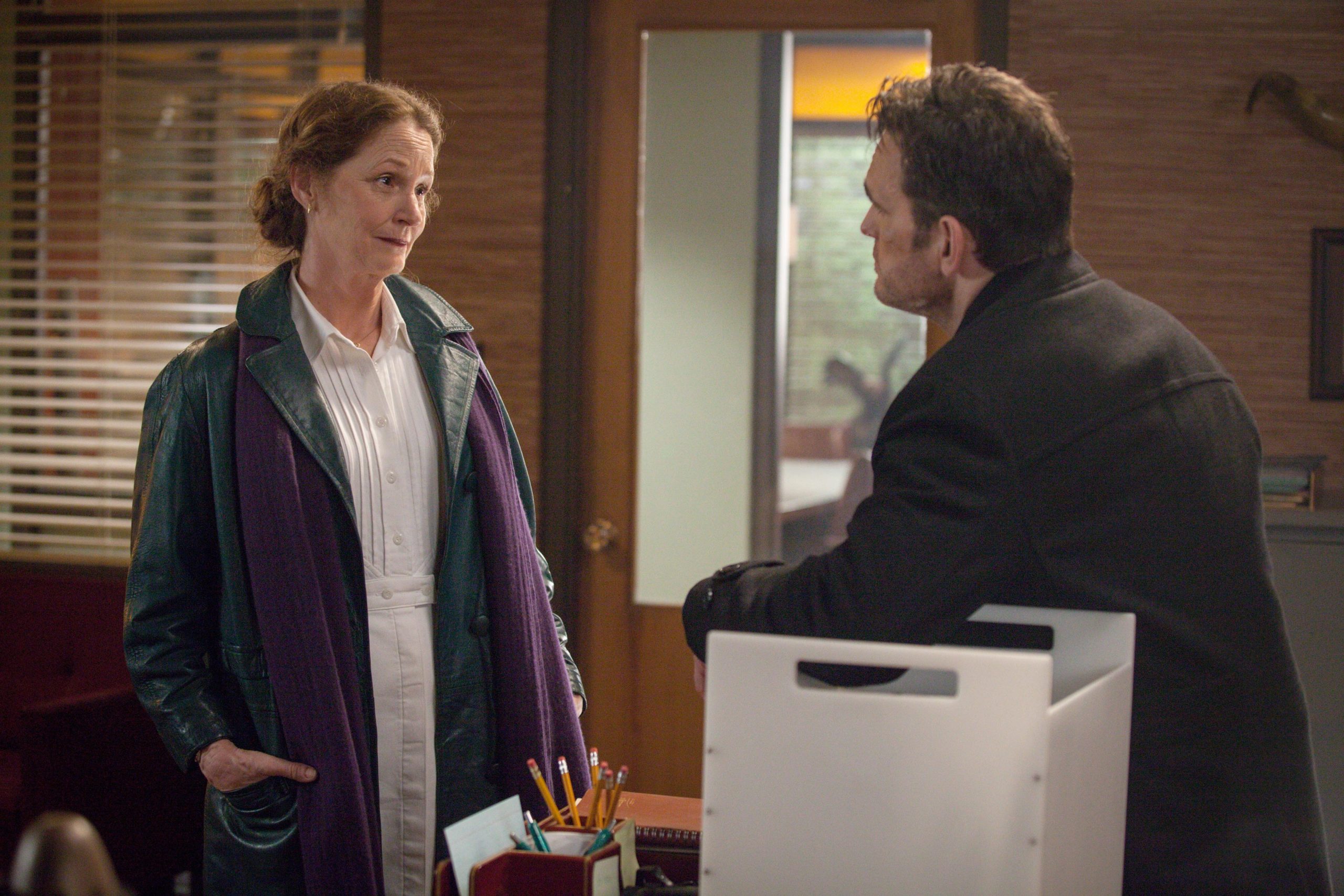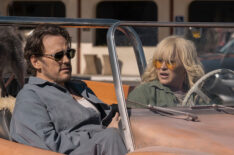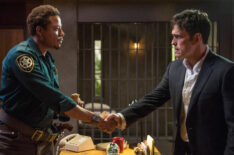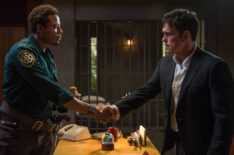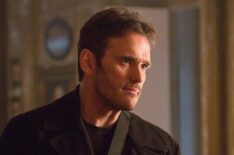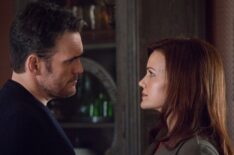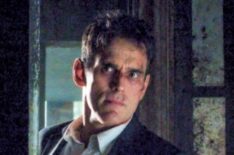Matt Dillon
Credits

Maria
Actor
Marlon Brando
Movie
2024

Haunted Heart
Actor
Max
Movie
2024

Haunted Heart
Executive Producer
Movie
2024
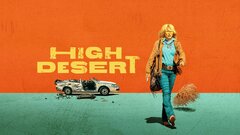
High DesertStream
Actor
Denny
Series
2023
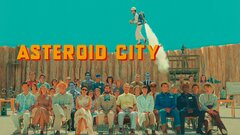
Asteroid CityStream
Actor
The Mechanic/Walter Geronimo
Movie
2023

Land of Dreams
Actor
alan
Movie
2022

American DreamerStream
Actor
Dell
Movie
2022

Capone
Actor
Johnny
Movie
2020

Roy's World: Barry Gifford's Chicago
Narrator
Movie
2020

There's Something About Movies
Guest
Show
2019

Proxima
Actor
Mike Shannon
Movie
2019

Nimic
Actor
Father
Movie
2019

The House That Jack Built
Actor
Jack
Movie
2018

Running for Grace
Actor
Doc
Movie
2018

Head Full of Honey
Actor
Nick
Movie
2018

Going in Style
Actor
FBI Agent Arlen Hamer
Movie
2017

Rock Dog
Voice
Trey
Movie
2016
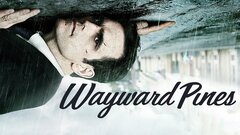
Wayward PinesStream
Actor
Ethan Burke
Series
2015

Wayward Pines: Extras
Actor
Show
2014

Late Night With Seth MeyersStream
Guest
Talk
2014

Bad Country
Actor
Jesse Weiland
Movie
2014

Captivated: The Trials of Pamela Smart
Actor
Larry Maretto
Movie
2014
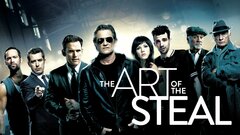
The Art of the StealStream
Actor
Nicky Calhoun
Movie
2013

Sunlight Jr.
Actor
Richie
Movie
2013
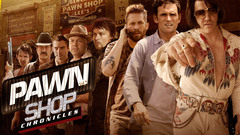
Pawn Shop ChroniclesStream
Actor
Richard
Movie
2013
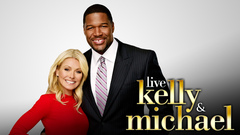
Live! With Kelly and Michael
Guest
Talk
2012
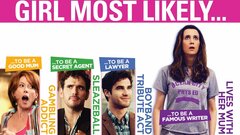
Girl Most LikelyStream
Actor
The Bousche
Movie
2012
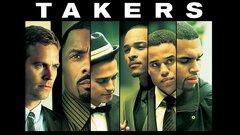
TakersStream
Actor
Det. Jack Welles
Movie
2010
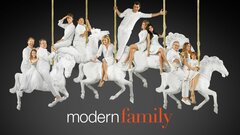
Modern FamilyStream
Guest Star
Robbie Sullivan
Series
2009

Armored
Actor
Mike Cochrane
Movie
2009

Old Dogs
Actor
Barry
Movie
2009

Nothing but the Truth
Actor
Patton Dubois
Movie
2008

You, Me and Dupree
Actor
Carl Peterson
Movie
2006

Once in a Lifetime: The Extraordinary Story of the New York Cosmos
Narrator
Movie
2006
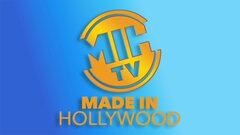
Made in Hollywood
Guest
Series
2005

ET Canada
Guest
Show
2005

Factotum
Actor
Henry Chinaski
Movie
2005

Loverboy
Actor
Mark
Movie
2005

Herbie: Fully LoadedStream
Actor
Trip Murphy
Movie
2005
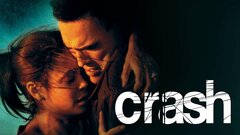
CrashStream
Actor
Officer Ryan
Movie
2004
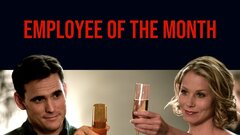
Employee of the MonthStream
Actor
David Walsh
Movie
2004
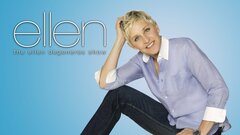
The Ellen DeGeneres Show
Guest
Talk
2003
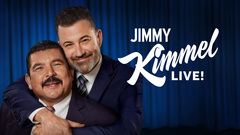
Jimmy Kimmel Live!Stream
Guest
Talk
2003

Deuces Wild
Actor
Fritzy
Movie
2002

City of Ghosts
Actor
Jimmy
Movie
2002

City of Ghosts
Director
Movie
2002

City of Ghosts
Writer
Movie
2002

Live With Regis and Kelly
Guest
Show
2001

One Night at McCool's
Actor
Randy
Movie
2001
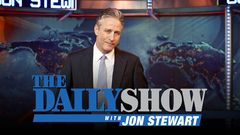
The Daily Show With Jon StewartStream
Guest
Talk
1999

Feria Urbana
Actor
Movie
1998
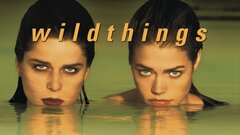
Wild ThingsStream
Actor
Sam Lombardo
Movie
1998
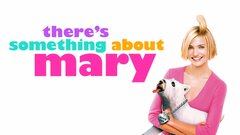
There's Something About MaryStream
Actor
Pat Healy
Movie
1998
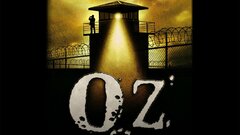
OzStream
Director
Series
1997
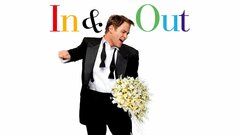
In & OutStream
Actor
Cameron Drake
Movie
1997
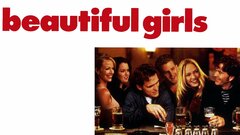
Beautiful GirlsStream
Actor
Tommy "Birdman" Rowland
Movie
1996

Grace of My Heart
Actor
Jay Phillips
Movie
1996

Albino Alligator
Actor
Dova
Movie
1996
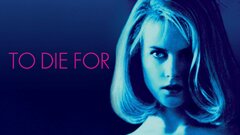
To Die ForStream
Actor
Larry Maretto
Movie
1995

Frankie Starlight
Actor
Terry Klout
Movie
1995

Una Razón Para Vivir
Actor
Movie
1995

Entertainers: With Byron Allen
Guest
Show
1994

Inside the Actors Studio
Guest
Talk
1994

Golden Gate
Actor
Agent Kevin David Walker
Movie
1994

The Saint of Fort Washington
Actor
Matthew
Movie
1993
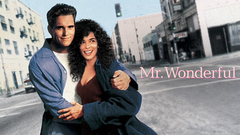
Mr. WonderfulStream
Actor
Gus
Movie
1993
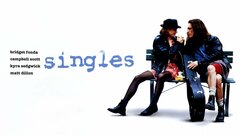
SinglesStream
Actor
Cliff Poncier (Citizen Dick vocalist)
Movie
1992

Singles
Actor
Movie
1992

Las Tentadoras 2
Actor
Movie
1991

A Kiss Before Dying
Actor
Jonathan Corliss
Movie
1991

Women & Men 2
Actor
Eddie Megeffin
Movie
1991
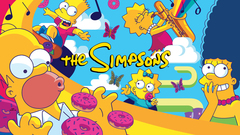
The SimpsonsStream
Guest Voice
Louie
Series
1989

Bloodhounds of Broadway
Actor
Regret
Movie
1989
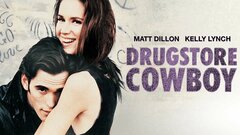
Drugstore CowboyStream
Actor
Bob Hughes
Movie
1989

Ladrones de Droguerías
Actor
Movie
1989

Kansas
Actor
Doyle Kennedy
Movie
1988

The Big Town
Actor
J.C. Cullen
Movie
1987

Native Son
Actor
Jan
Movie
1986

Rebel
Actor
Rebel
Movie
1985

La Cible
Actor
Movie
1985

Target
Actor
Chris Lloyd / Derek Potter
Movie
1985

The Flamingo Kid
Actor
Jeffrey Willis
Movie
1984
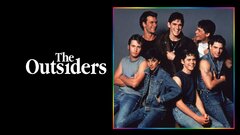
The OutsidersStream
Actor
Dallas Winston
Movie
1983
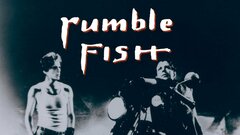
Rumble FishStream
Actor
Rusty James
Movie
1983
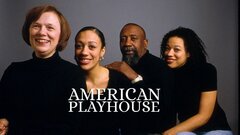
American Playhouse
Actor
Ralph
Series
1982

Tex
Actor
Tex McCormick
Movie
1982

Liar's MoonStream
Actor
Jack Duncan
Movie
1981
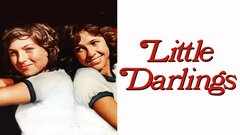
Little DarlingsStream
Actor
Randy
Movie
1980
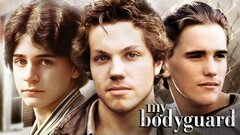
My BodyguardStream
Actor
Moody
Movie
1980

Over the Edge
Actor
Richie
Movie
1979

Good Morning America
Guest
News
1975

Saturday Night LiveStream
Host
Series
1975
News aboutMatt Dillon
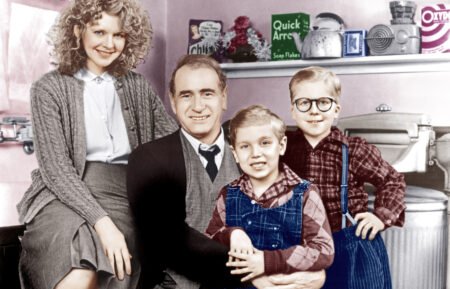
A ‘Christmas Story’ Story: Did You Know the Movie Already Has Its Own Cinematic Universe?
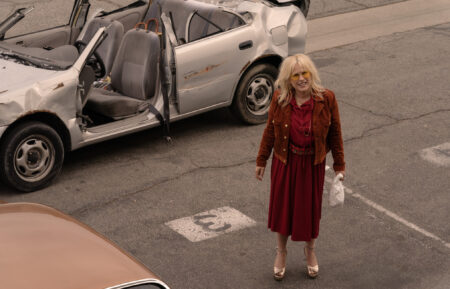
‘High Desert’ Trailer: See Patricia Arquette as Addict-Turned-PI in Dark Comedy (VIDEO)
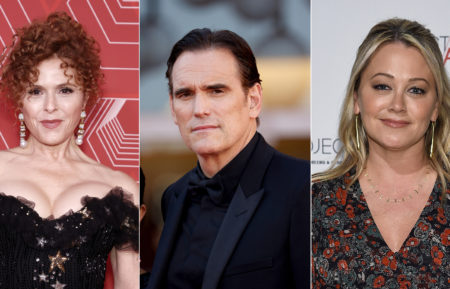
Apple Series ‘High Desert’ Adds Matt Dillon, Bernadette Peters, Christine Taylor & More
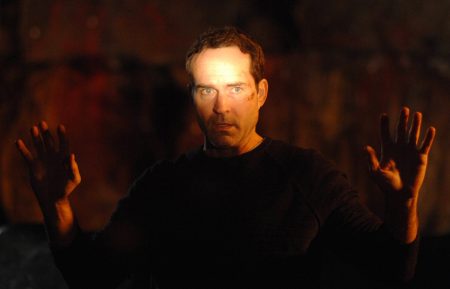
‘Wayward Pines’ Is Creepier Than Ever in An Unexpected Season 2
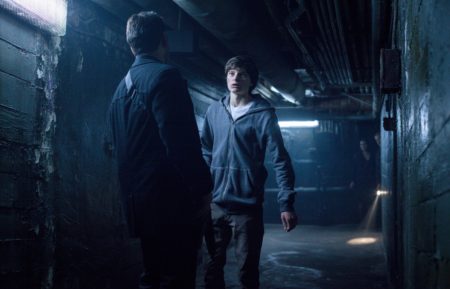
‘Wayward Pines’ Postmortem: Creator Chad Hodge on That Time Jump and Season 2 Plans
